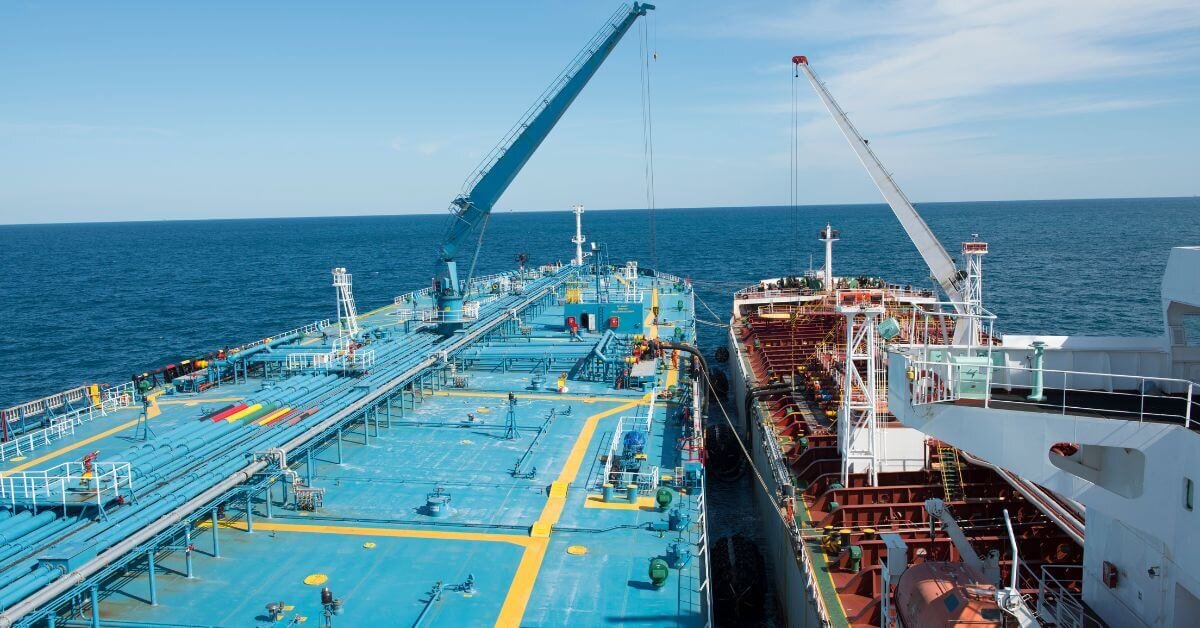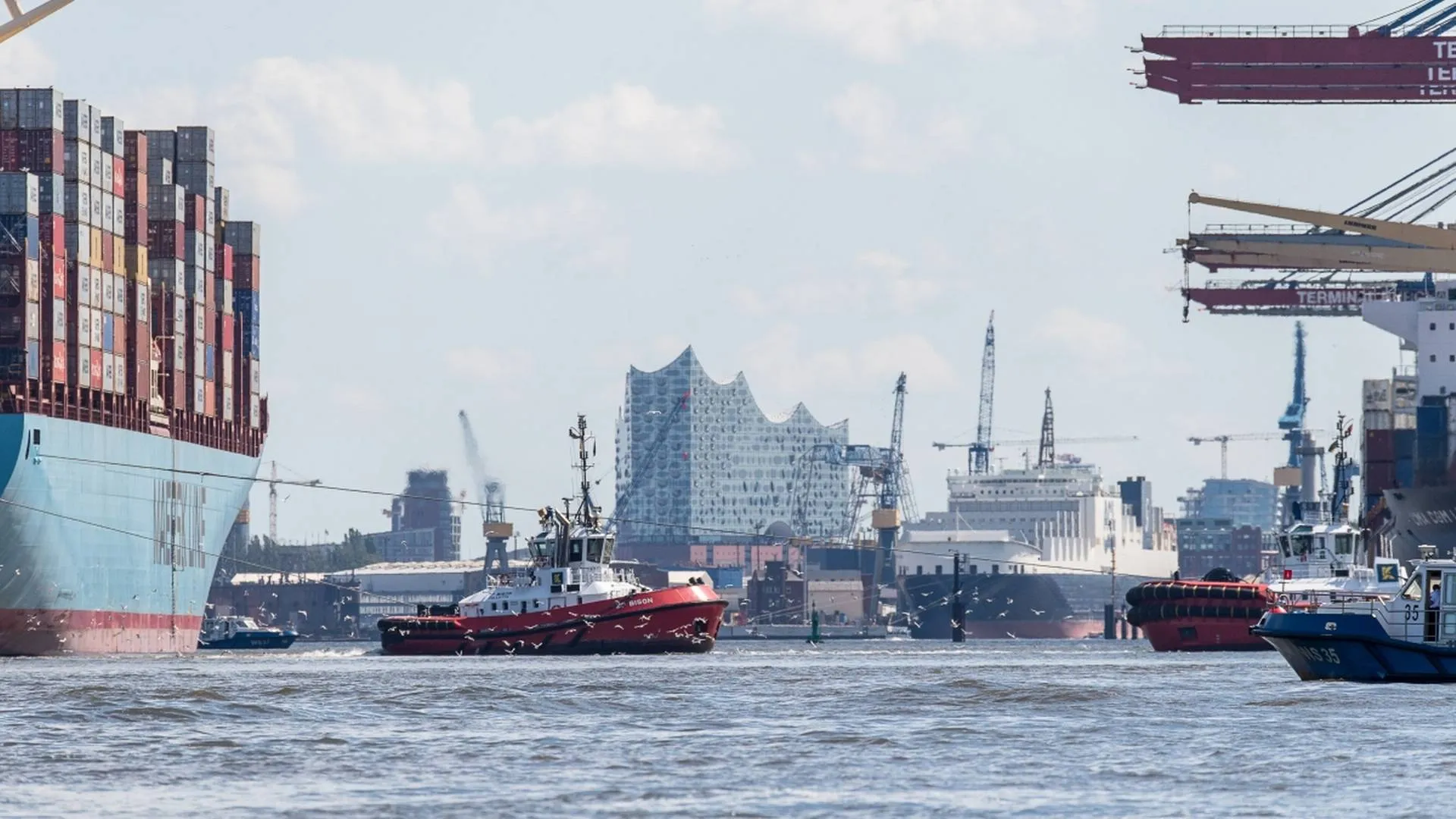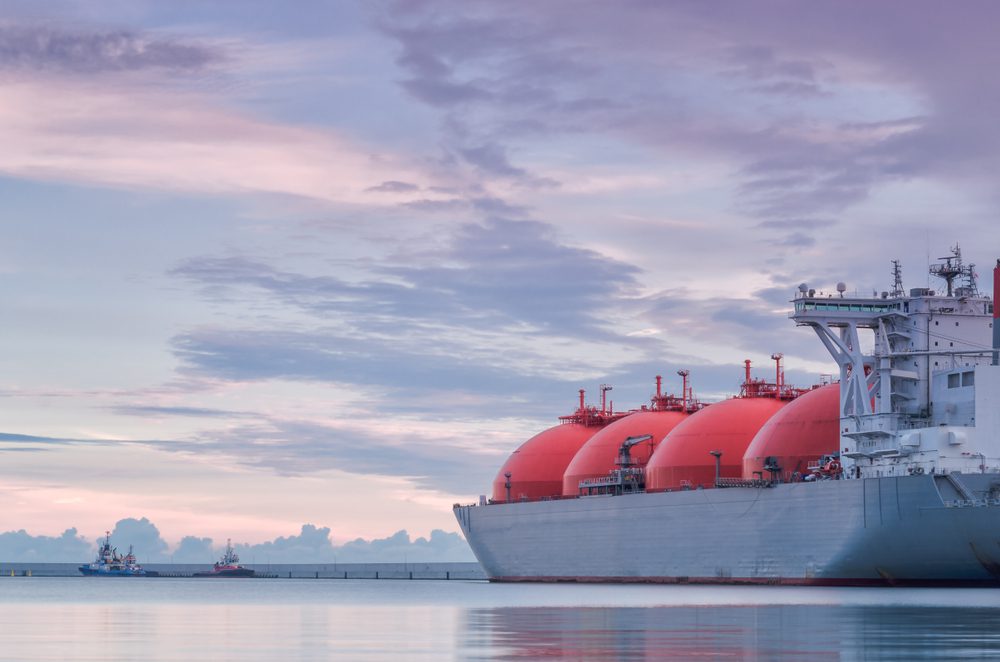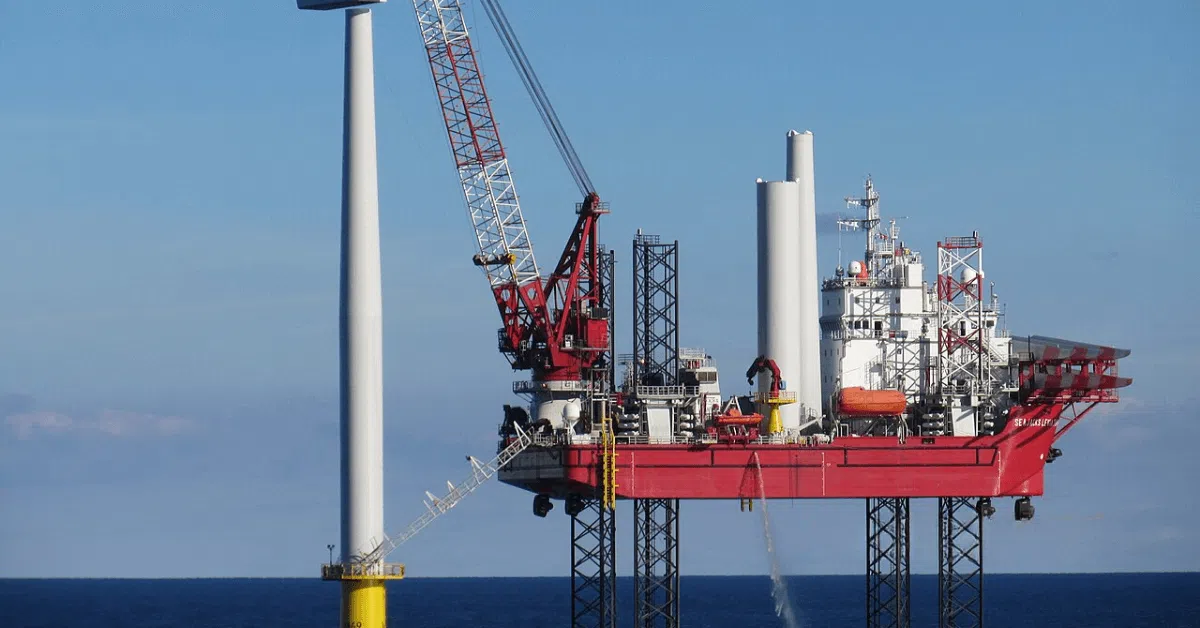Veolia on Saturday (11 October) said it signed a strategic green fuel supply cooperation agreement with SIPG Energy (Shanghai) and VENEX to develop comprehensive green methanol supply and distribution networks.
This will create an end-to-end green fuel supply ecosystem that spans from production to bunkering in Shanghai Port.
According to the agreement, the three parties will leverage Veolia’s expertise in local decarbonising energy solutions and its worldwide decarbonisation experience, SIPG Group’s advantages in port energy infrastructure, and VENEX’s specialised green methanol production and operations knowledge to develop comprehensive green methanol supply and distribution networks, creating an end-to-end green fuel supply ecosystem from production to bunkering.
Through the coordinated development of the green methanol chain, the partnership will deliver sustainable fuel solutions to port and shipping companies, progressively reducing the industry’s reliance on fossil fuels and driving a low-carbon transformation in the maritime sector, ultimately fostering a green, low-carbon industrial ecosystem in transportation.
Ms. Estelle Brachlianoff, CEO of Veolia, stated: “Veolia is pleased to support the Port of Shanghai with its advanced technologies and proven know-how to become a global leader in the supply of sustainable green fuels and accelerate the decarbonization of the port and maritime sector.”
“This cooperation is fully in line with the GreenUp strategic program, which includes the development of local energy resources and cutting-edge environmental solutions.”
Mr. Yang Zhiyong, Vice president of SIPG, said: “As a leading force in port infrastructure, SIPG will leverage this strategic partnership as a pivotal opportunity to collaborate with Veolia and VENEX in developing a comprehensive green fuel supply ecosystem across the entire value chain.”
“SIPG is committed to establishing Shanghai Port as a flagship green fuel hub, providing an essential strategic foundation for the decarbonization of China’s maritime and port sectors.”
Mr. Gu Jinshan, President of the China Ports and Harbours Association, said:
“Promoting the application of clean fuels such as green methanol is a key pathway to achieving the ‘dual carbon’ goals in the port and shipping industry. This tripartite cooperation, by integrating global environmental resources with the advantages of local port infrastructure, will significantly enhance the green fuel supply guarantee capability of Shanghai Port. It also provides a practical and replicable example for the low-carbon transformation of the port and shipping industry in China and even globally.




